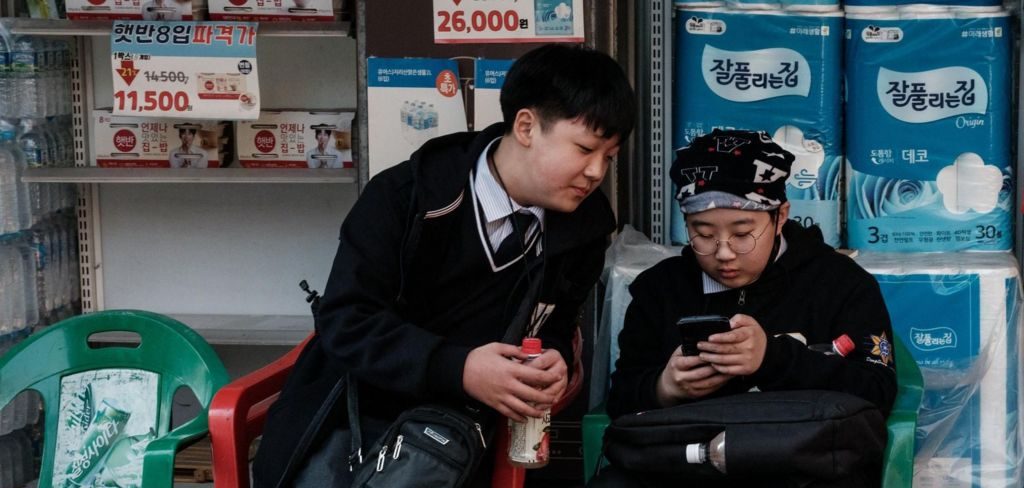- South Korea has passed a law banning mobile phone use during class hours starting March 2026.
- The law aims to combat rising smartphone addiction among children and teens.
- Teachers will have legal authority to restrict phone use across school premises.
- Exceptions include emergencies, educational use, and assistive devices for students with disabilities.
- Parents support the move, citing distraction and cyberbullying concerns.
- Teachers are split; one union backs the law, another warns of rights violations.
- Students argue the ban doesn’t address deeper issues like academic stress and lack of digital education.
- The law follows similar moves in countries like France, Finland, Italy, and China.
South Korea has officially passed legislation banning the use of mobile phones and smart devices during class hours, making it one of the few countries to enshrine such restrictions in law.
The bill, which takes effect in March 2026, was passed with overwhelming support in parliament as part of a nationwide effort to curb smartphone addiction among children and teenagers. Lawmakers say the move is backed by growing scientific evidence that excessive screen time harms students’ brain development, emotional health, and academic performance.
While most schools already enforce informal phone restrictions, the new law gives teachers legal authority to stop students from using phones not just during lessons, but across school premises. It also mandates schools to educate students on healthy digital habits.
Exemptions will apply for students with disabilities, emergencies, or educational use approved by teachers.
The law has sparked mixed reactions. Parents have welcomed the move, citing concerns about distraction, cyberbullying, and poor focus. Teachers are divided — with one major union backing the bill and another warning it may infringe on students’ rights.
Students themselves are voicing skepticism. Many argue that banning phones during class hours doesn’t address the root problem, especially in a culture dominated by cram schools and intense academic pressure. Critics say the real issue lies in South Korea’s high-stakes college entrance exam, Suneung, which drives students into long hours of study and leaves little room for social interaction outside digital platforms.



